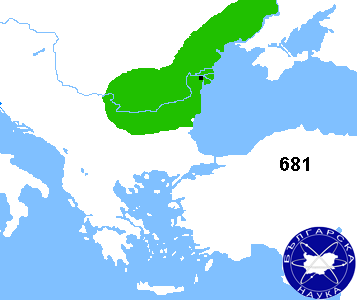“Social networking” phenomenon is driving astronomical growth of many online companies, from the leaders of the pack like Facebook, to numerous peddlers of “make quick money online” self-help guides. The bigger the network/ mailing list, the larger the company value and profits. But what is really behind this phenomenon? I am leaning towards a conclusion that it has nothing to do with “social” but rather with our limitation to deal with information overload…
Let’s look at this objectively. The capacity for individuals to participate in various social exchange networks was available from the early days of the Internet: forums, discussion boards, chat services and the like. However, the limitation was that these were mostly thematic based networks. With rapid growth of themed content on the Internet it all became very fragmented and difficult to follow…What Facebook, Twitter and the like brought to the mix was the capacity to participate/ follow many themes from a single portal! So, rather than helping user engage in “social networks” what those companies are really doing is assisting in information exchange! As simple as that. Just think about it. A person “following” a company on Facebook or Twitter has nothing to do with “social interaction” with that company – it’s not about “belonging” or “association” / “being part of a social group”. It’s all about access to specific information of interest to that individual (humour or other forms of entertainment, news, events, specials, etc.)!
Same applies to relationships between individuals – sociologists claim normal individuals are not capable of true social relationship with more than 150 counterparts at a time. Yet social network sites are full of people with thousands of contacts… Again, it is all about information and trusted channels of access to information, not about social interaction! The fact that individuals can participate in discussions and exchange messages is a part of the deal – some take advantage of it, others do not. True, the focus on “friends” helped Facebook to grow those personal networks at a rapid rate to propel the company to number 1 network facilitator but I will argue the key driving force was “the need to know” and not “the need to belong” (opening up the network to others and not only college students was the best and most logical decision to make since it is not about who you are but rather what you need to know!).
The information overload is what in my opinion is driving the popularity of the thing labelled as “social networking”. People want to know what is happening in their immediate environment, places of interest, topics of interest AND people they associate with (friends, colleagues, celebrities, etc.). At the same time people want to participate in some of those forums personally. Not enough time to read/see/do everything so the only way to keep up is to revert to “skimming over main headings” and to “following” limited number of information themes (on demand, user initiated).
What is helping in managing communication complexity associated with information overload is wide acceptance of abbreviated message format. It could be argued that the format was first introduced by Google Search – we all are so used to it: title and a short description of content. Just compare the main content pages of Facebook, Twitter, LinkedIn or Google Search … they all follow the same “short message format”!
I believe “social network” is a bit of misnomer as it implies only personal interactions of a casual nature. It is more than that! And the implications of this view on the state of affairs are far reaching. Let me just share a few observations. Firstly, for publishers and participants in networked information exchange it highlights the importance of catchy titling with informative but short secondary tag line to draw attention of “skimmers” (the principle is nothing new and has been applied in print advertising for ages…). Short form content sharing and aggregation will only grow in popularity. This is a great opportunity for content aggregators and gadget makers and another warning for those considering locking their content exclusively behind pay walls (although can also be seen as a great opportunity if enough of short content is left in the public arena!).
Secondly, it implies that the importance of Google and other search engines (and hence SEO for marketing) will be diminishing as “search” is starting to loose ground to “personal recommendations”. A new information referral model is emerging on the Internet where “opinion leaders” (ie. those with large personal networks) are starting to play more significant role in directing online traffic. The bad news for online advertisers and marketers is that it is a very fragmented channel of communication. It also means that the concentration of online advertising power will be shifting to network facilitators, such as Facebook, and away from search focused sites. Some food for thought…
Ted.com: WWW inventor Tim Berners Lee shows impressive examples of data sharing…
At TED2009, Tim Berners-Lee called for “raw data now” — for governments, scientists and institutions to make their data openly available on the web. At TED University in 2010, he shows a few of the interesting results when the data gets linked up.
